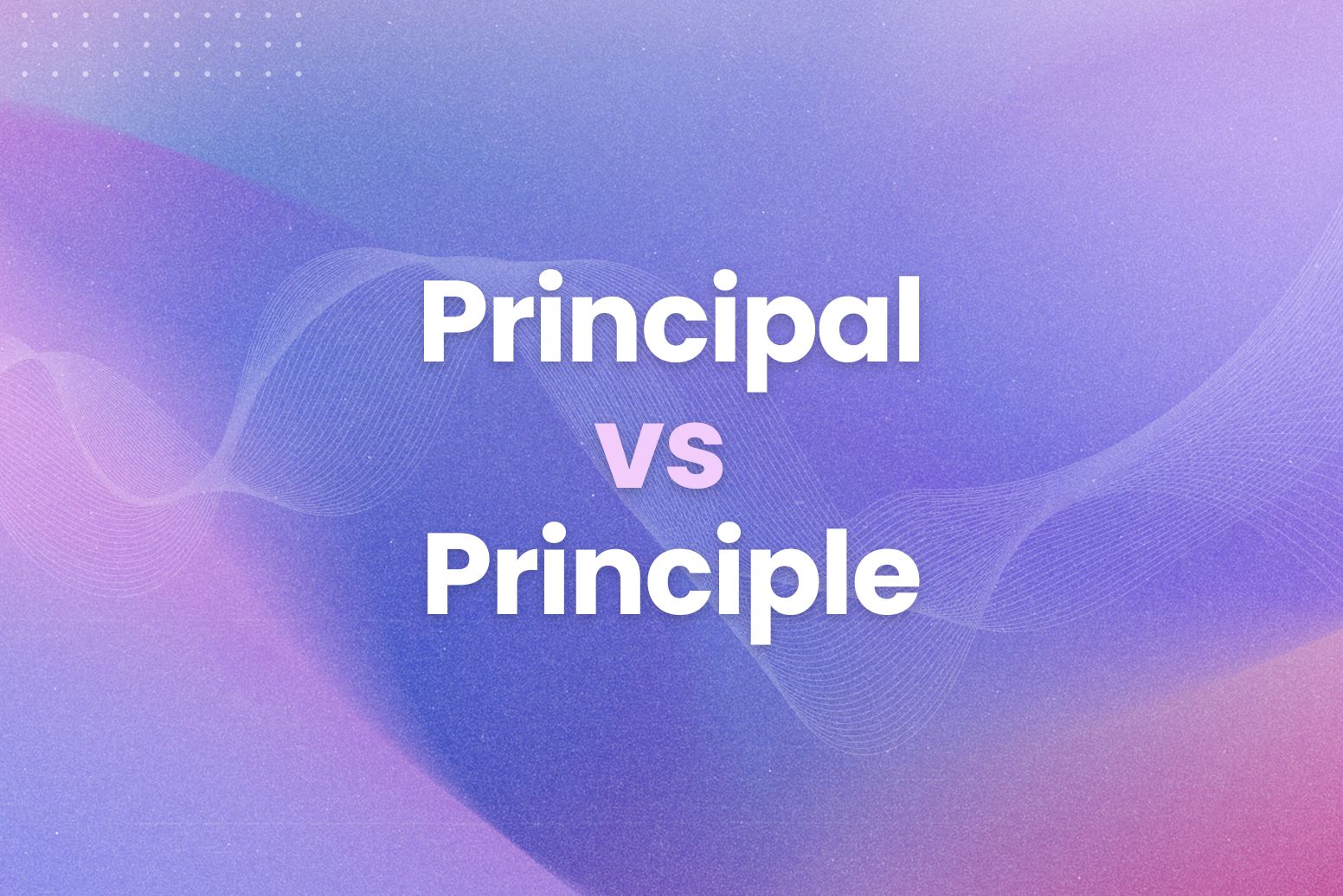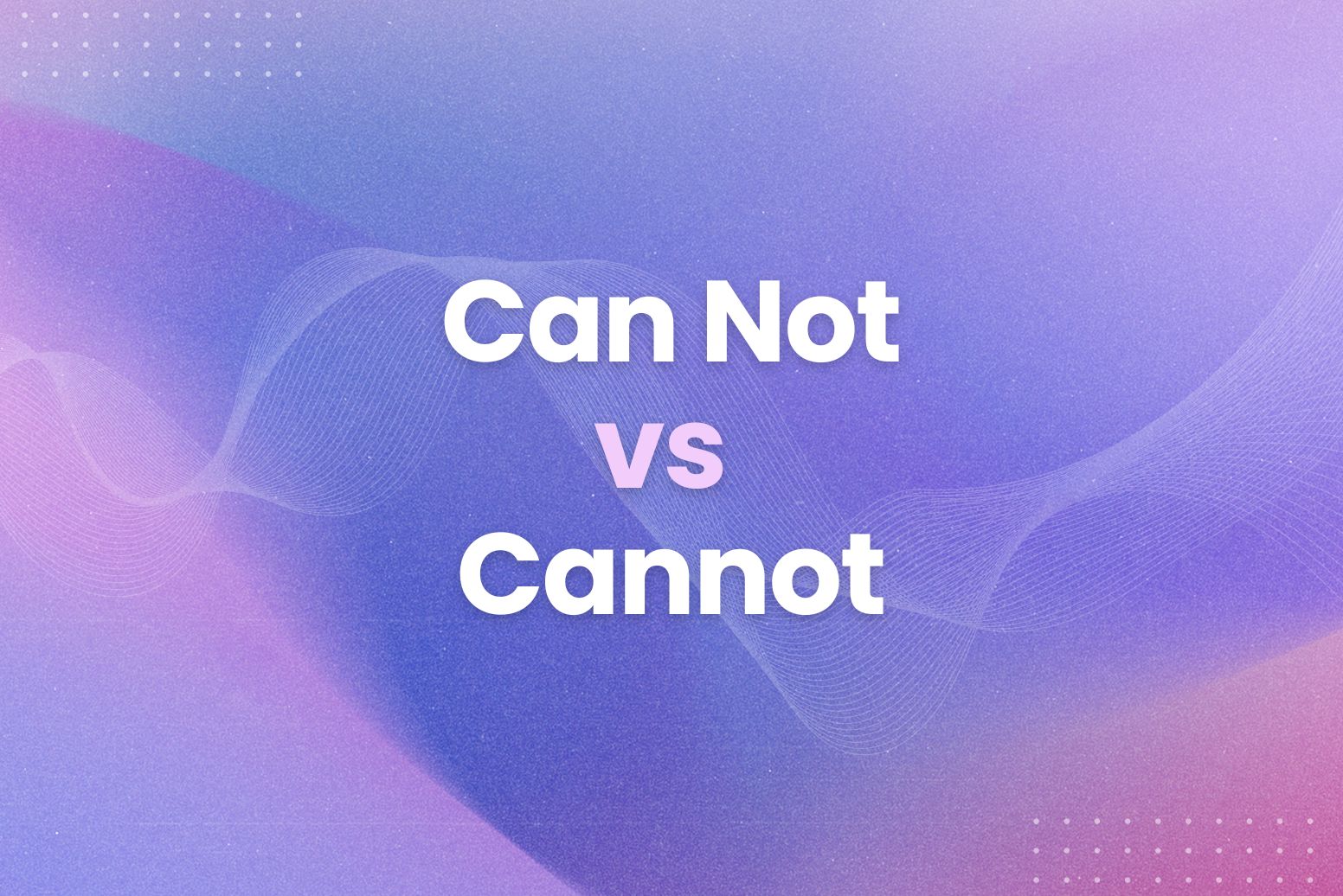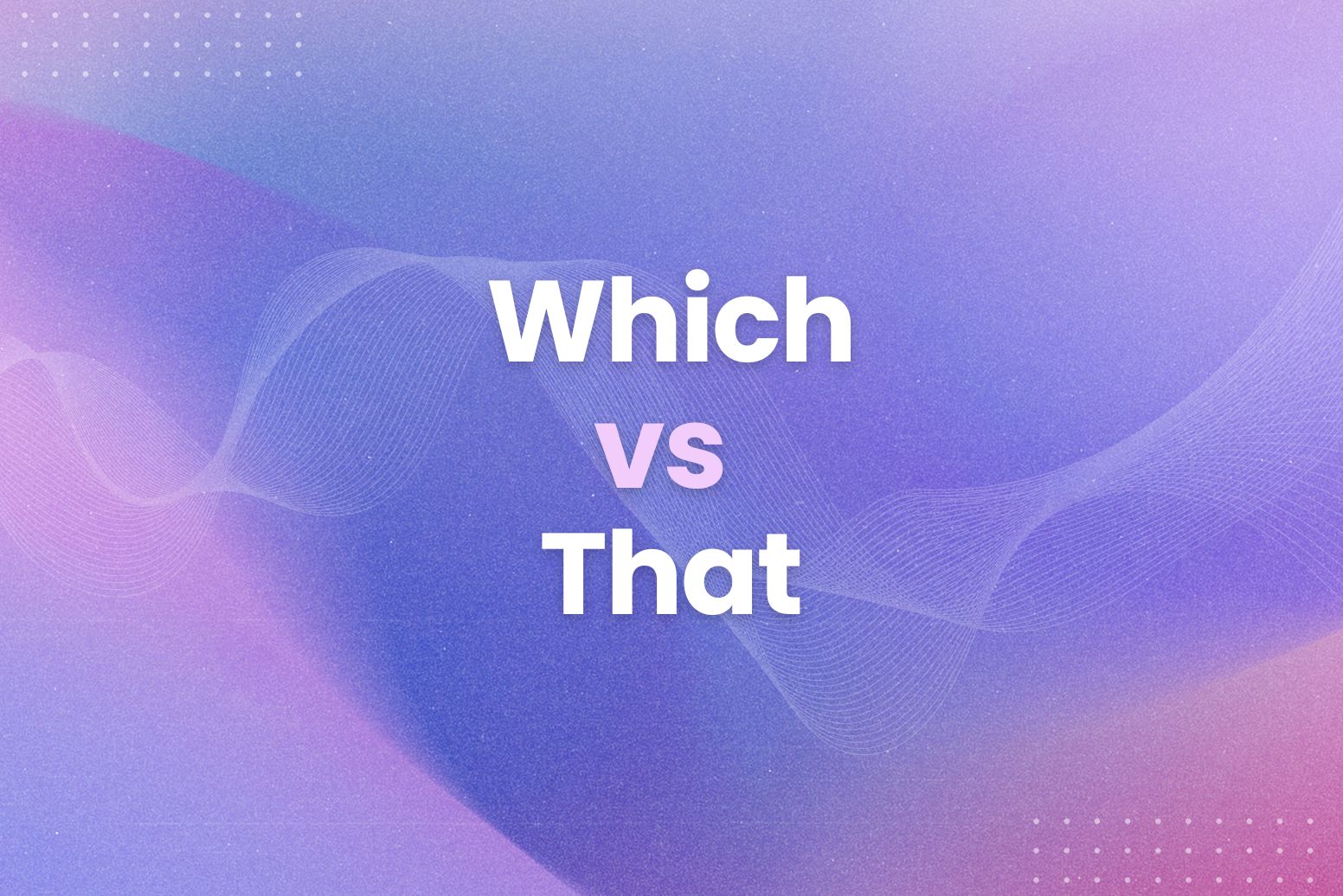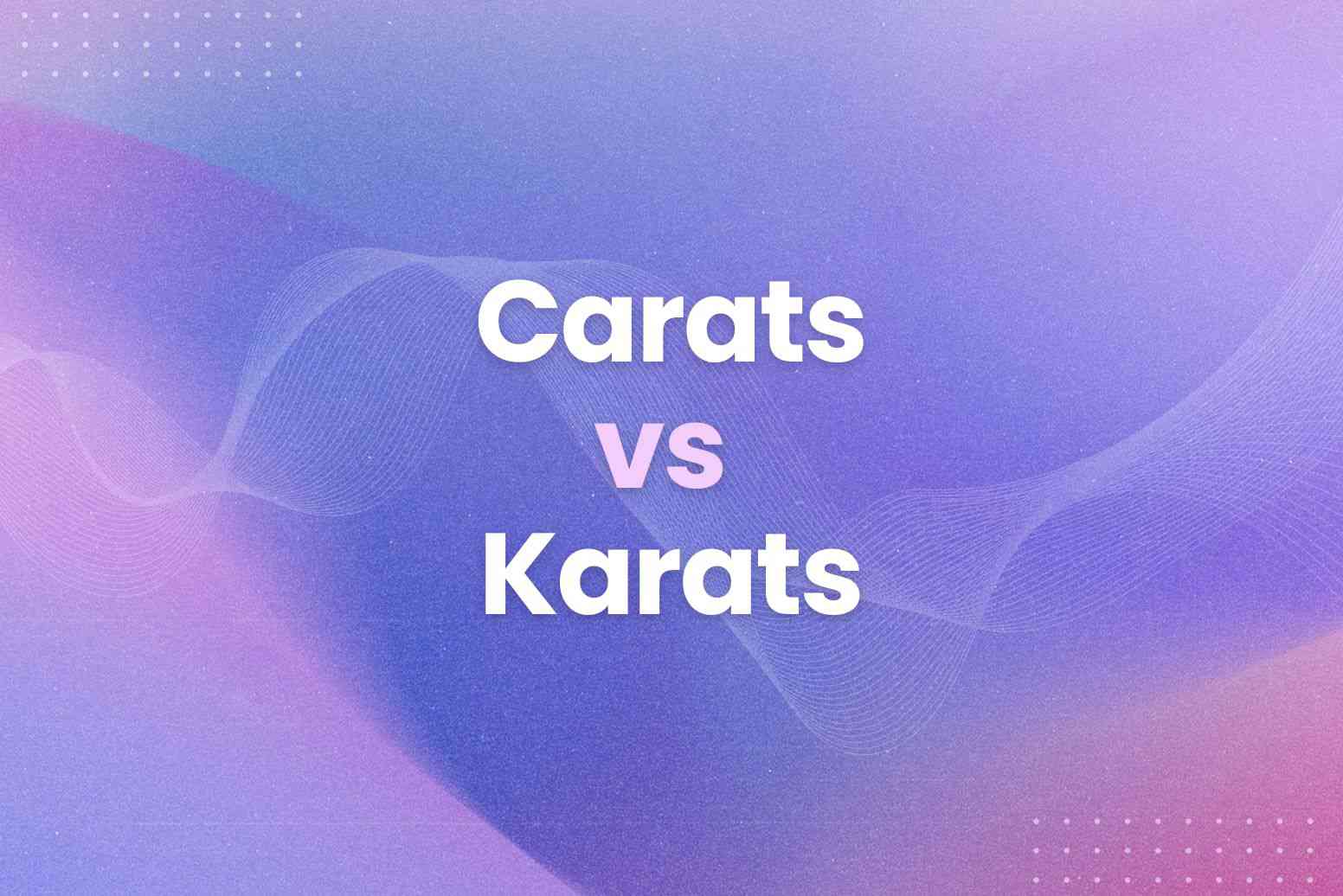Words that sound alike but have different meanings can be tricky. Take “principal” and “principle,” for example. These two words are a common source of confusion. So, getting them wrong can undermine your writing. Therefore, we’re going to break down the difference between Principal vs Principle.
This post will give you clear strategies for using each word correctly. In short, here’s what we’ll cover:
- The different meanings of principal.
- The meaning of principle.
- Easy tricks to remember the difference.
- Examples of proper usage.
The Different Meanings of Principal
Principal has a few different meanings. Firstly, it can be an adjective. For example, it means main or most important. For instance, “the principal reason for the delay” means the main reason. Secondly, it can be a noun referring to the head of a school. You know, like your school’s principal.
In addition, principal can also refer to a sum of money. Specifically, this is the original amount invested or borrowed. For instance, if you take out a $10,000 loan, that $10,000 is the principal.
Let’s look at some examples to clarify. For instance:
- “The principal dancer received a standing ovation.” (Meaning: main)
- “I need to speak with the school principal.” (Meaning: head of school)
- “The principal on my loan is quite high.” (Meaning: original sum)
So, the principal can refer to importance, school leadership, or money. Therefore, context is key to figuring out its meaning. If you are unsure of the correct usage of the word, you can use Arvin to check the grammar. Arvin can help you understand the context of the sentence to know which one to use.
The Meaning of Principle
Principle is a noun. It refers to a fundamental rule, belief, or idea that guides behavior or decision-making. For example, “a man of principle” is someone who lives by strong moral rules. Similarly, scientific principles are the basic laws that explain how the world works. In other words, a principle is a guiding truth.
Let’s look at some examples:
- “The company operates on the principle of honesty.” (Meaning: guiding rule)
- “One of the basic principles of physics is gravity.” (Meaning: fundamental law)
- “He refused to compromise his principles.” (Meaning: moral beliefs)
So, principle is always a noun. Consequently, it always relates to a rule, belief, or fundamental truth. Therefore, it’s different from the various meanings of principal.
Easy Tricks to Remember the Difference
Now that we’ve covered the definitions, let’s look at some tricks to keep principal vs principle straight. These memory aids can help you choose the right word every time.
- Principal (The Head): Think of the principal of your school. They are the head of the school. Similarly, the principal amount of money is the head, or original, amount. Therefore, both meanings of principal relate to being first or most important.
- Principle (A Rule): Principle ends in “-ple,” like rule. This can help you remember that a principle is a rule or a guiding belief. So, if you’re talking about a moral code or a scientific law, use principle.
Another helpful trick is to associate the words with related concepts. For example:
- Principal: Principal = Pal (as in a close associate, like the principal of your school) or Capital (as in the principal amount of money).
- Principle: Principle = Rule or Doctrine.
These associations can create a mental link. Therefore, it makes it easier to recall the correct word.
Examples of Proper Usage
Let’s solidify your understanding with some examples of principal vs principle used correctly in sentences. Seeing them in context is key to mastering their usage.
Principal (Main/Head/Original)
- “The principal actor gave a stunning performance.” (Main actor)
- “She met with the principal to discuss her son’s progress.” (Head of school)
- “He invested the principal and earned a good return.” (Original sum of money)
- “The principal cause of the accident was speeding.” (Main cause)
Principle (Rule/Belief/Fundamental Truth)
- “He lives his life according to strong moral principles.” (Moral beliefs)
- “The principles of democracy are based on freedom and equality.” (Fundamental rules)
- “One of the guiding principles of the company is customer satisfaction.” (Guiding rule)
- “She refused to compromise her principles, even under pressure.” (Moral beliefs)
Notice how the context makes the meaning clear. For instance, in the sentence, “The principal of the school taught us important principles,” both words are used correctly. “Principal” refers to the head of the school, while “principles” refers to the important rules or beliefs they taught.
Ready to Nail Principal vs Principle with Arvin?
Principal can be a main thing, a school head, or an original sum. Principle, on the other hand, is always a rule or belief. Remembering these simple distinctions will significantly improve your writing. Now, you can confidently use these words in your work.
Here’s a quick recap principal vs principle:
- Principal (main/head/original).
- Principle (rule/belief).
- Use the “pal” and “rule” tricks.
- Context is key to understanding the meaning.
If you’re still second-guessing yourself, don’t worry. Arvin is here to help. Arvin’s grammar check, powered by GPT-4, quickly catches these common errors. Therefore, you can focus on your ideas, knowing Arvin is there to ensure your writing is clear and correct. With Arvin, you can write with confidence, knowing you’re using principal and principle—and all other words—correctly.
FAQs About Principle vs Principal
What is the difference between principle and principal?
Principal can be an adjective meaning “main” or “most important,” or a noun referring to the head of a school or an original sum of money. Principle is always a noun and means a fundamental rule, belief, or idea. In short, principal can be a person or a thing, while principle is always an idea.
Is it principle or principal of money?
It’s principal of money. This refers to the original sum invested or borrowed. For example, “The principal on the loan was $5,000.” So, remember, principal in financial contexts refers to money.
Is a person a principle or principal?
A person can be a principal. This usually refers to the head of a school. For instance, “The principal addressed the students at the assembly.” Therefore, when referring to a person in a position of authority (especially in a school setting), use principal.
What is the difference between principle and principal of the thing?
This question is a bit ambiguous. If you’re talking about the most important part of something, you’d use principal. For example, “The principal component of the engine is the combustion chamber.”If you’re talking about a fundamental rule or idea related to something, you’d use principle. For instance, “The principles of physics govern how machines work.” Consequently, the context determines which word is correct.






